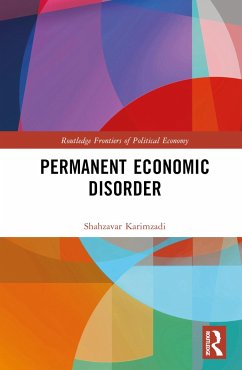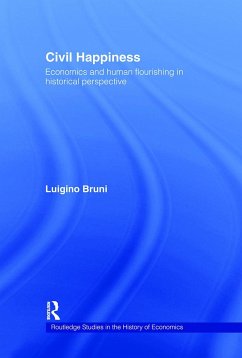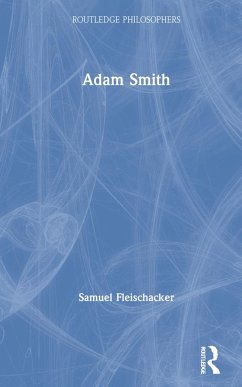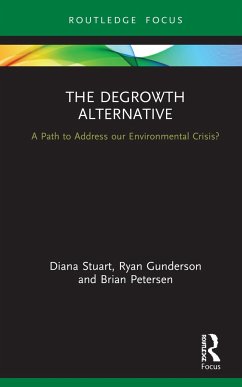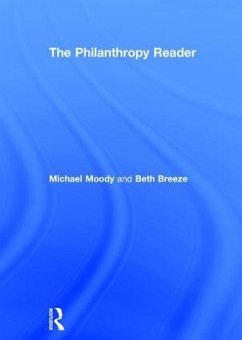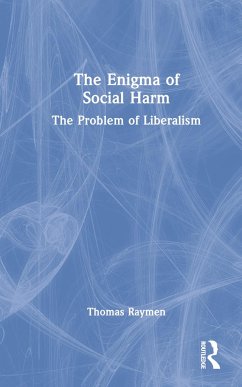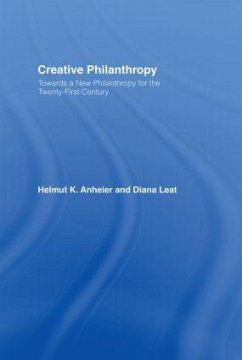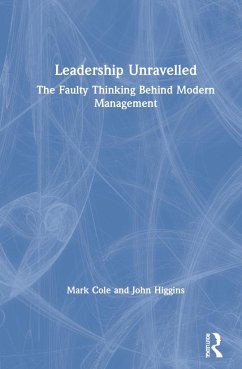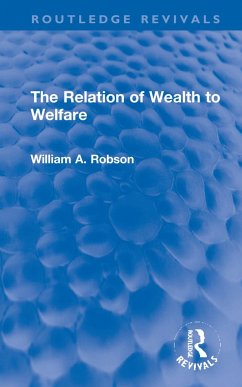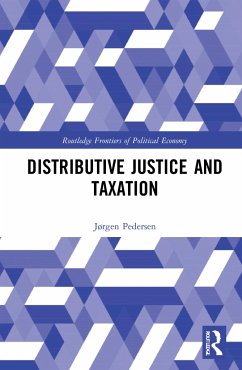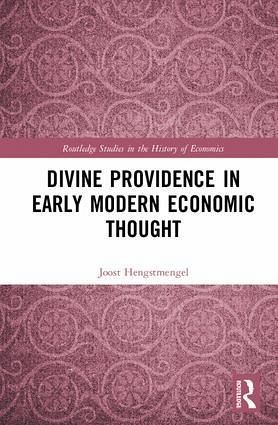
Divine Providence in Early Modern Economic Thought
Versandkostenfrei!
Versandfertig in 1-2 Wochen
167,99 €
inkl. MwSt.
Weitere Ausgaben:

PAYBACK Punkte
84 °P sammeln!
In this important volume, Joost Hengstmengel examines the doctrine of divine providence and how it served as explanation and justification in economic debates in the sixteenth, seventeenth and eighteenth centuries throughout Western Europe. The author discusses five different areas in which God was associated with the economy: international trade, division of labour, value and price, self-interest, and poverty and inequality. Ultimately, it is shown that theological ideas continued to influence economic thought beyond the Medieval period, and that the science of economics as we know it today h...
In this important volume, Joost Hengstmengel examines the doctrine of divine providence and how it served as explanation and justification in economic debates in the sixteenth, seventeenth and eighteenth centuries throughout Western Europe. The author discusses five different areas in which God was associated with the economy: international trade, division of labour, value and price, self-interest, and poverty and inequality. Ultimately, it is shown that theological ideas continued to influence economic thought beyond the Medieval period, and that the science of economics as we know it today has theological origins. Interdisciplinary in nature, this book will be of interest to advanced students and researchers in the history of economic thought, the history of theology, philosophy and intellectual history.




